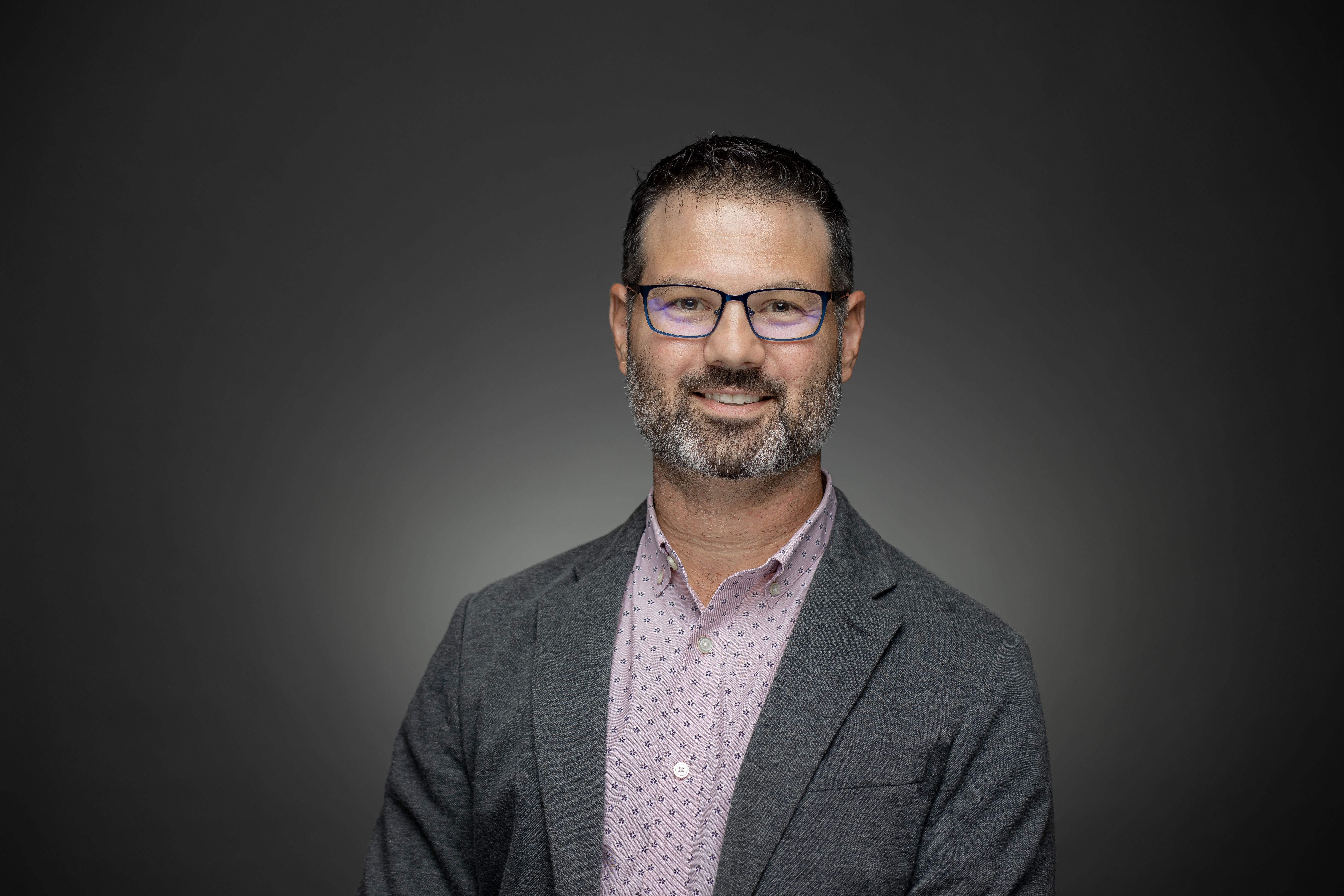Dr. Anthony R. Trimboli

Biography
Dr. Anthony Trimboli is a Professor and Chair in the Chemistry Department at CBU. He teaches a broad range of Chemistry courses, including popular courses in the Chemistry of Cooking and Forensic Chemistry and Analysis.
Education
- Muhlenberg College, BS 2004
- University of South Carolina, Ph.D. 2008
Courses Taught
-
CHEM 101: Intro to College Chemistry
This course is designed for students who are unprepared to begin the study of chemical principles. Emphasis is on elements and their symbols, names and formulas of compounds, valences, balancing equations, stoichiometry, and the algebra required for proficiency in chemistry. This course does not supply any portion of the science credits required in any CBU degree program.
-
CHEM 105: Chemistry of Cooking
This course takes an in-depth and hands-on approach to the chemical nature and transformations that occur during classic and modern cooking techniques. A study of basic chemical principles, the scientific method, experimental design, and method optimization will be employed to understand the effects of cooking processes on food. This course concludes with a study abroad trip (required) to Spain taking place immediately after Spring commencement. This trip of culinary adventures will include cooking instruction and tours.
-
CHEM 111: Intro to Forensic Chemistry
This course in an introduction to the fundamentals of forensic chemistry. Topics include criminalistics, collection and physical evaluation of evidence, and fundamental chemical principles. Current trends in forensic chemistry addressing scientific, technological, and societal effects will be discussed.
-
CHEM 113: Principles of Chemistry I
This is the first-semester chemistry course for all students of science and chemical engineering. Topics include matter, measurements, atoms, molecules, ions, use of formulas and equations, thermochemistry, gases, electronic structure, the periodic table, covalent bonding, molecular structure, liquids and solids, and solutions.
-
CHEM 114: Principles of Chemistry II
This is the second-semester chemistry course for students of science and chemical engineering. Topics include chemical equilibrium, precipitations, acids and bases, chemical thermodynamics and kinetics, oxidation and reduction, electrochemistry, and nuclear reactions.
-
CHEM 420: Advanced Forensic Analysis
This course provides advanced treatment of topics introduced in CHEM 201. A discussion of modern techniques and instrumentation used in forensic analysis will be included.
